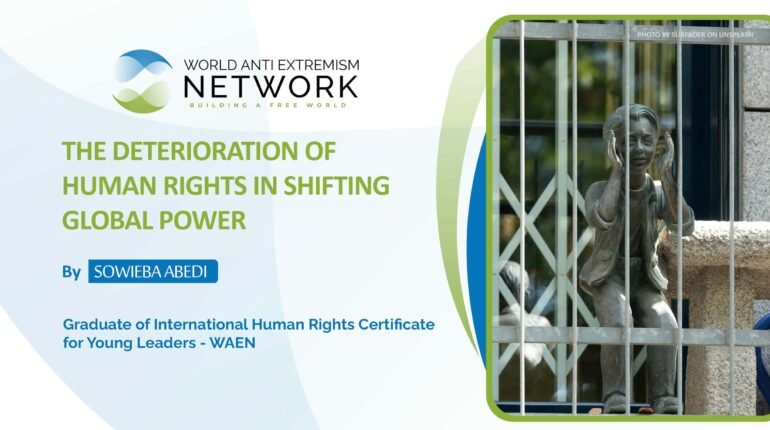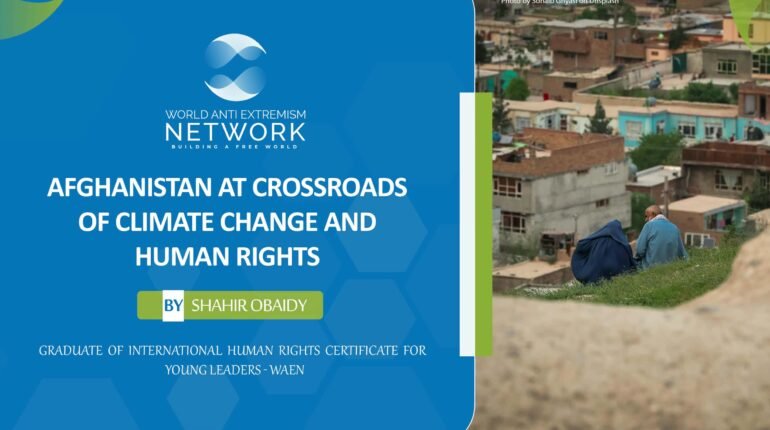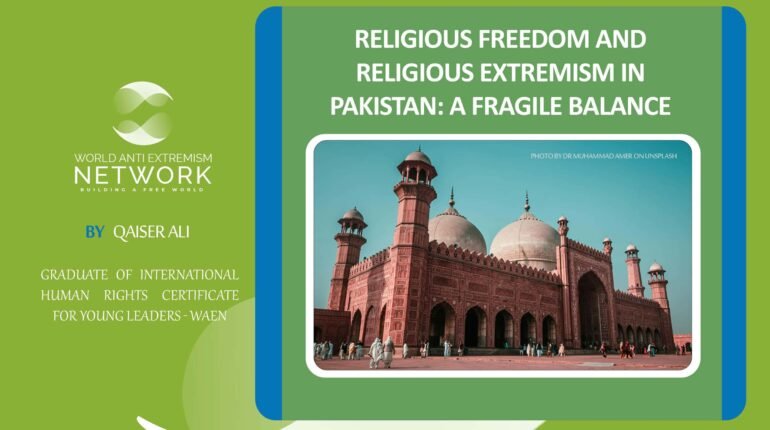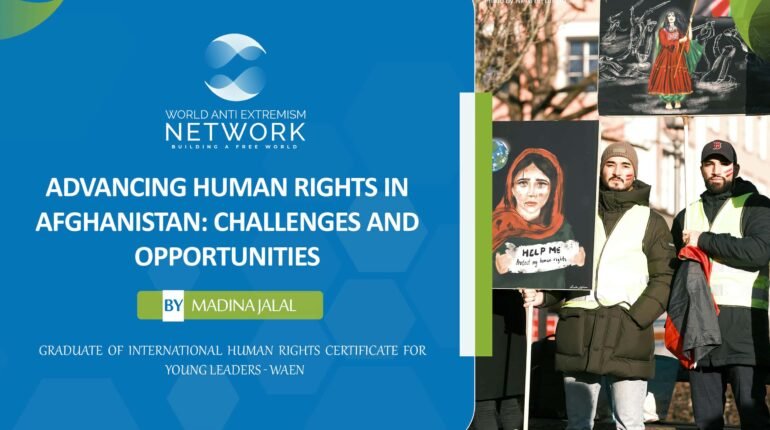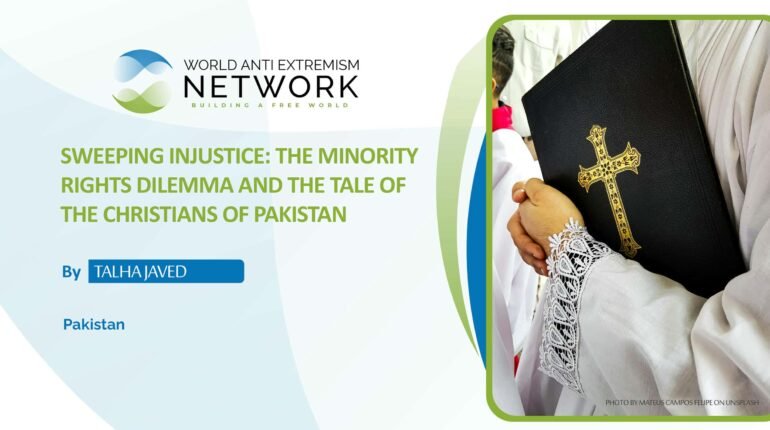Struggles for Civilian Supremacy: The State of Democracy and Human Rights in Pakistan
- World Anti Extremism Network
- Struggles for Civilian Supremacy: The State of Democracy and Human Rights in Pakistan
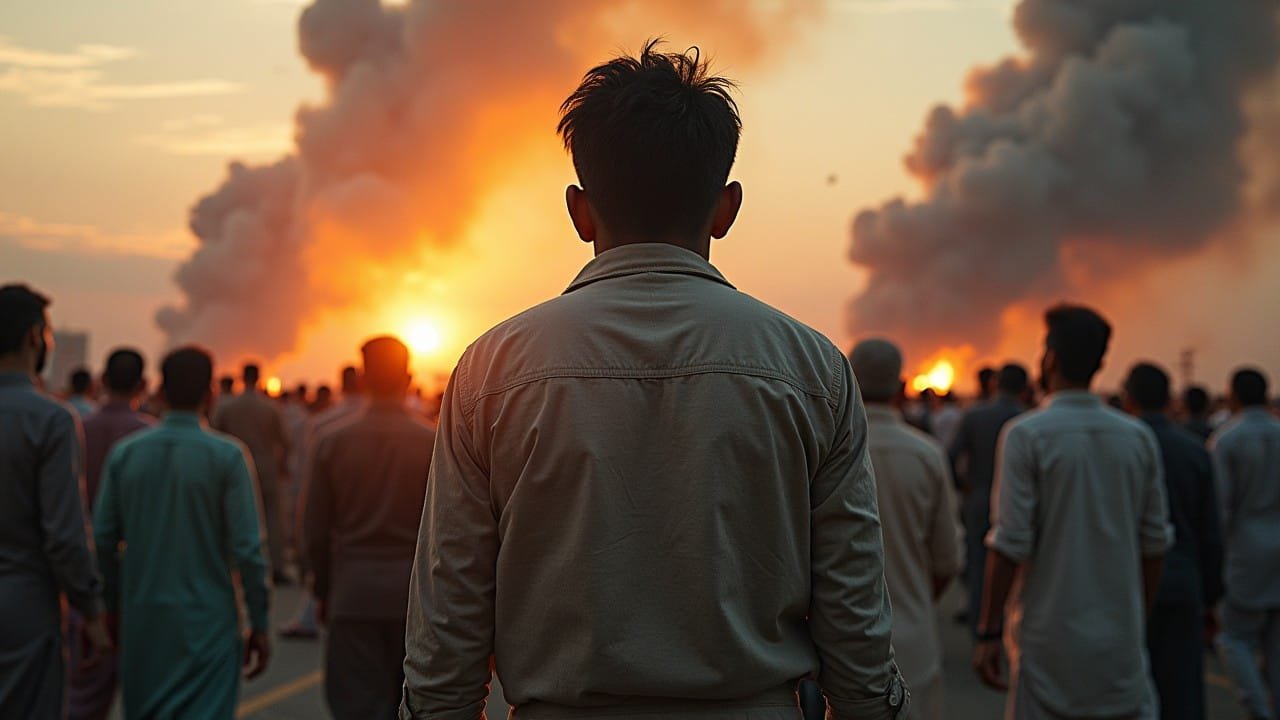
Photo: AI Generated
- Struggles for Civilian Supremacy: The State of Democracy and Human Rights in Pakistan
- By Muhammad Aslam
- Jan 08, 2025
Share on:
Pakistan is an important country in South Asia facing numerous issues that threaten both democratic governance and the protection of human rights. Civilian supremacy is still in conflict with the military power which has significantly blurred up the political system and the liberties of the people. This essay seeks to review the current situation regarding Democracy and Human Rights in Pakistan with a major focus on learning the problems in light of given recommendations that can help enhance democracy and human rights in the country.
The Civil-Military Dynamic
In the last couple of years, Pakistan has experienced an unrelenting tussle between civilian and military power. While there has been a shaky transition of power, those who come to power often save the interest of the military more than the common people. This situation has a cyclical nature, which is the newly elected representatives back military positions, look for ways to punish the rivals, and do not accent on the development of the country. The political process is full of accusations between parties, where the leaders of the opposition parties call their counterparts mere products of military support. Instead of healthy policy debates and healthy criticism for their performances, politicians only attack each other on social media and the performances themselves are very limited. Such an environment breeds cynicism among citizens who are frustrated with being deemed irrelevant by their representatives who work for voter financiers more than themselves. Besides, vote buying has become part and parcel of Kenyan electoral politics. Some representatives are elected illegitimately thus their major goal is to recover the money they spent on buying their seats. This goes against the spirit of democracy because those who are voted into office are more interested in recovery financially as opposed to catering to the electorate.
Erosion of Democratic Norms
Pakistan has witnessed the erosion of democratic norms in some ways. Political parties ignore party manifestos for charismatic leaders and do not have any internal accountability. Rather than interrogate their party’s policies, they often look for rationales for decisions that aren’t in the public interest. The growing number of former military personnel in important institutions only deepens this dilemma, pointing to a quiet but far-reaching military dominance over civil society. Such military influence has political implications, but it goes beyond that too; they have diffused throughout society and governance. In their analysis of the role of the military in Pakistan, Sania Muneer and Saroj Aryal (2024) revealed: “for decades the military has propped up politicians to pursue its interests while monopolizing decision-making.” Such manipulation delegitimizes democratic institutions and simply perpetuates another spiral of instability.
Human Rights Violations
The human rights situation in Pakistan continued to be alarming and described as dismal with a wide range of violations across different sectors. There is little room for freedom of expression; journalists are threatened, abused, and attacked over stories involving sensitive issues. The government has increasingly targeted journalists and activists who criticize its policies,” Human Rights Watch 2023 Extrajudicial killings are another major issue, especially in Balochistan and the newly merged districts of Khyber Pakhtunkhwa. Civilians are afraid, they know that these things happen and no one is punished for it. But it must be understood that while all are quick to attribute this action simply to the army, Pakistan’s complex security landscape is an intricate web of factors ranging from cross-border terrorism and local insurgencies. Hindus and Christians are among the communities most affected by issues of forced conversions and marriages. While certain elements may advocate that these issues are exaggerated for political motives, this reinforces crucial flaws in legal protection to any being exposed. The Centre for Social Justice stated that blasphemy laws are used both as instruments of oppression towards religious minorities and as a tool to silence dissent from the ruling caste, creating a toxic atmosphere of persecution and fear. Similarly, another point of contention would be Women’s Rights. Although some legislation has been passed to protect women facing violence and discrimination, the implementation of such laws is hindered by societal attitudes. This includes harassment that women face in public spaces, as well as denial of education and access to employment opportunities. Women, as the UN Women (2023) report explains, face systemic barriers that confine women to courses of action and place limitations on their participation in society. Children are also being abused, child labor is practiced in many sectors. This situation is further exacerbated by the absence of enforcement mechanisms for existing legislation that protect children and leave too many at risk of being exploited.
Systemic Challenges
It is simple to blame virtually every problem on the military, but it isn’t that straightforward. The lengthy borders of Pakistan with its neighboring countries present a special challenge for the state, particularly, as far as harm and infiltration by terrorist actors are concerned. That implies a failing of the entire system rather than just one institution. Pakistan was engulfed in an economic crisis but political conflict deepened as the military’s engagement with both economics and politics expanded (Shuja Nawaz, 2024) Reason number one is because of how military power and governance are entangled making it difficult to hold anyone accountable.
Recommendations for Improvement
Several critical dehumanizing exercises can be taken to handle these ongoing issues:
- NGOs & Civil Society Organizations: The Government to ensure, that NGOs & civil society organizations do not get harassed while establishing a presence that may be opposing the government or may even be advocating human rights.
- Encouraging Gender Equality: Policies that promote educating and empowering girls are essential. Support for initiatives like girls’ scholarships and programs to combat gender-based violence can promote a more equitable society.
- Status Quo of Press Freedom: Journalists should be granted legal protection to uphold freedom of expression The government should ensure that media can be allowed to operate independently without the fear of any consequences.
- Electoral Reforms: They should introduce electoral reforms that guarantee the integrity and transparency of elections. These come with heavy punishment for vote-buying and manipulation.
- International Support: Engaging with international partners can help bolster efforts to promote democracy and human rights in Pakistan. Countries like Canada should consider providing humanitarian aid while advocating for political reforms.
Conclusion
Pakistan stands at a crossroads today. If this complicated situation is not addressed at the earliest, future democracy and human rights in the country will be at stake. Here, it is the interface of military and political rivalry with the social issues of the country that creates complicatedness and, therefore, needs to be brought into focus for its immediate solution. The government can institute reforms that strengthen civil society, promote gender equality, ensure press freedom, and improve electoral integrity by paving the way toward a more just, democratic future. But it will not happen overnight without citizens who actively demand accountability from their leaders. As we know, meaningful change often springs from grassroots movements that challenge the status quo. With this effort from all strata of society, it can be a day with respect for human rights, democratic ethos, and fair participation of each citizen towards the development of one’s nation. Pakistan has to swim the turbulent waters and not only reach stability but also a democratic ethos that represents its diverse population imperative to long-term peace and prosperity in the country.
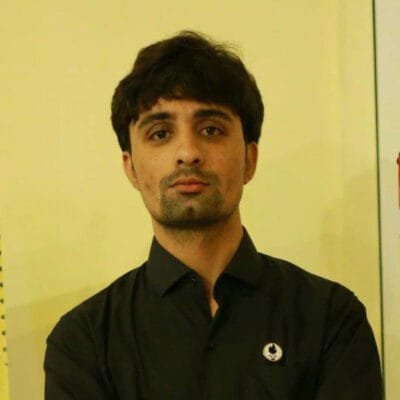
About the Author
Muhammad Aslam is a 4th year law student and a passionate advocate for human rights and community development. He is actively involved with Students for Liberty, Rotaract Club, United for Human Rights, and Lincoln Corner, where he contributes to promoting democratic values, social justice, and empowering individuals to defend human rights. Muhammad has completed some courses in International Human Rights Law, including one from International Bar Association & Florida State University, and has gained valuable experience through roles such as editor at Center For Eminent Studies in Law, UGLC and sub-editor at Impact World Press & Seplaa Group. His work is aligned with the mission of these organizations to foster global awareness, inclusivity, and solutions to social challenges, with a particular focus on counter-extremism and advancing human rights principles
The opinions expressed in these articles are solely those of the authors and do not reflect the views or positions of the organization. If you find any information incorrect, please contact (research@worldantiextremism.org), and we would be happy to assist you. You can download, distribute, and reuse this work, provided you credit the author and cite the original source.
Related Articles
Subscribe to our newsletter and stay updated.
Contact
Toronto, Ontario, M1L 0E5 Canada
Subscribe to our newsletter and stay updated.
Contact
Toronto, Ontario, M1L 0E5 Canada
Subscribe to our newsletter and stay updated.
Contact
Toronto, Ontario, M1L 0E5 Canada

